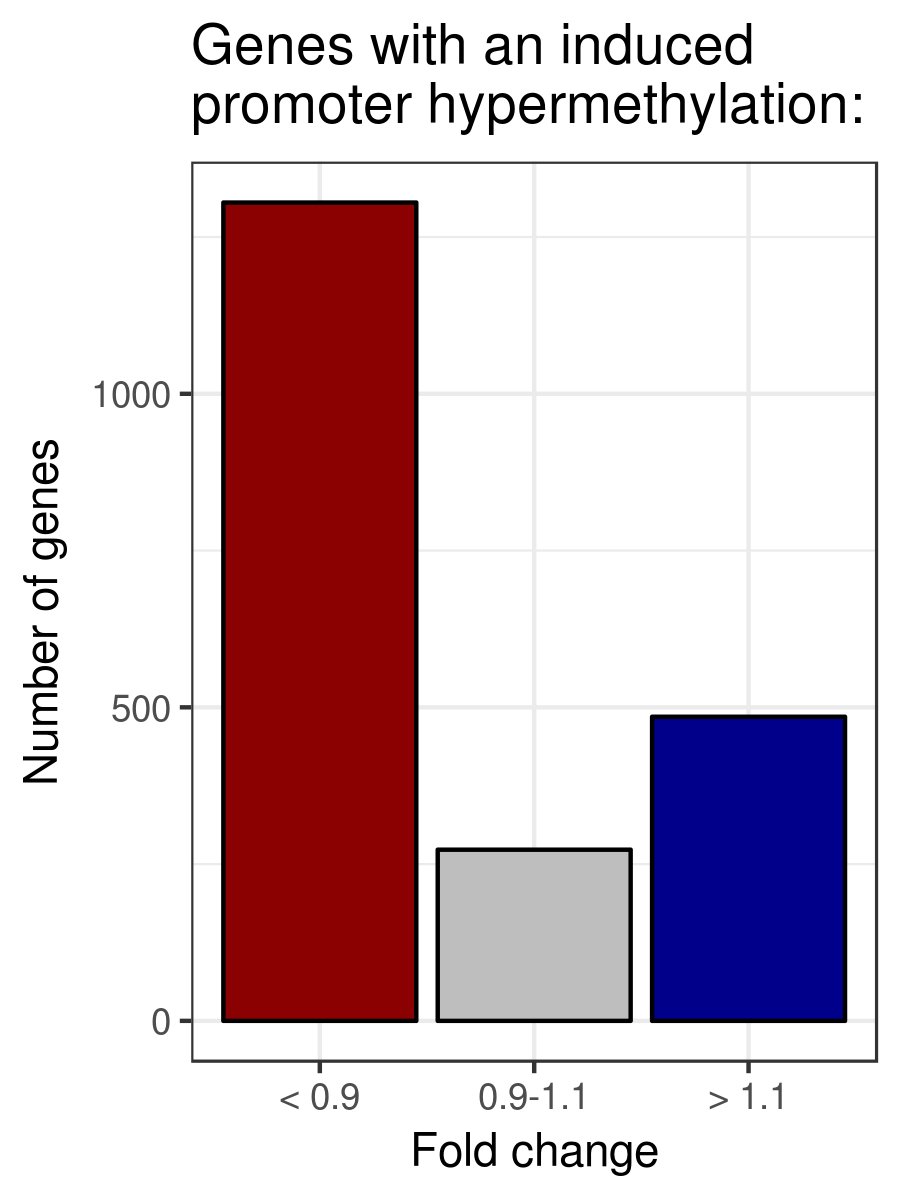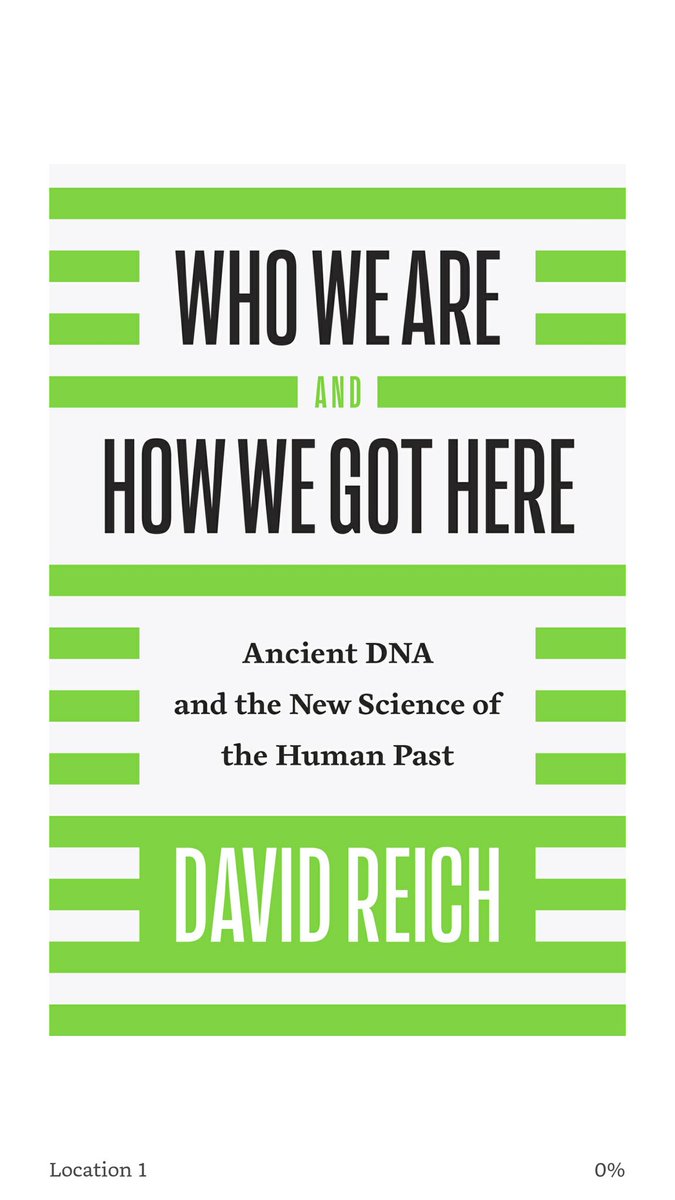"Frequent lack of repressive capacity of promoter DNA methylation identified through genome-wide epigenomic manipulation"
biorxiv.org/content/early/…
An interesting read! Thanks for the link. Thread 🔽
I have done my PhD on MBD2, one of the main reader of DNA methylation.
So it might be the affected human speaking, and not the detached, objective scientist.
"[...] abolition of DNA methyltransferase activity through chemical inhibition or genetic disruption causes global demethylation and activates numerous genes (6, 7)."
(Including one of mine 🤭: ncbi.nlm.nih.gov/pmc/articles/P…)
(showing that upregulated genes upon chemical inhibition of DNMT were methylated on their promoter in the first place)
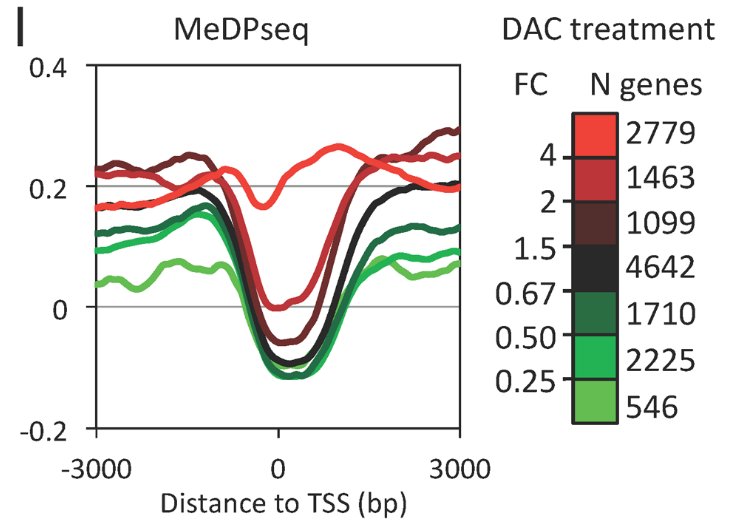
"However, these observations are correlative and challenging to interpret because genome-wide demethylation could have widespread and complex downstream effects upon chromatin structure and gene expression."
"In contrast, global CG methylation levels were 5.2% higher in ZF-D3A +dox cells
(68.2%) compared to MCF7-control (63%)."
+ 0.3 mCG/CG ratio (i.e. from 5% to 35% DNA methylation, or from 55% to 85%...) (fig 2B).
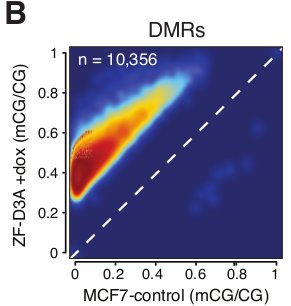
That would make interpretations easier!
Might strong hypermethylations induce more permanent changes? We will know another day.
Stronger gains of DNA methylation correlates with stronger loss of expression.
I found representation of figure 5B quite misleading to be honest.
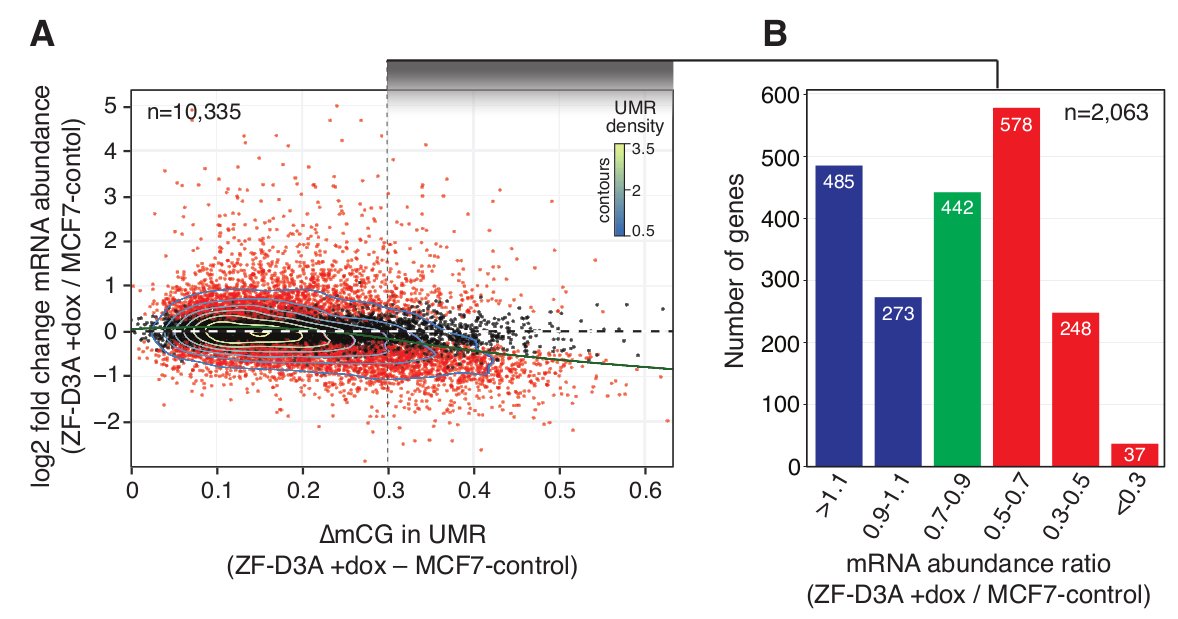
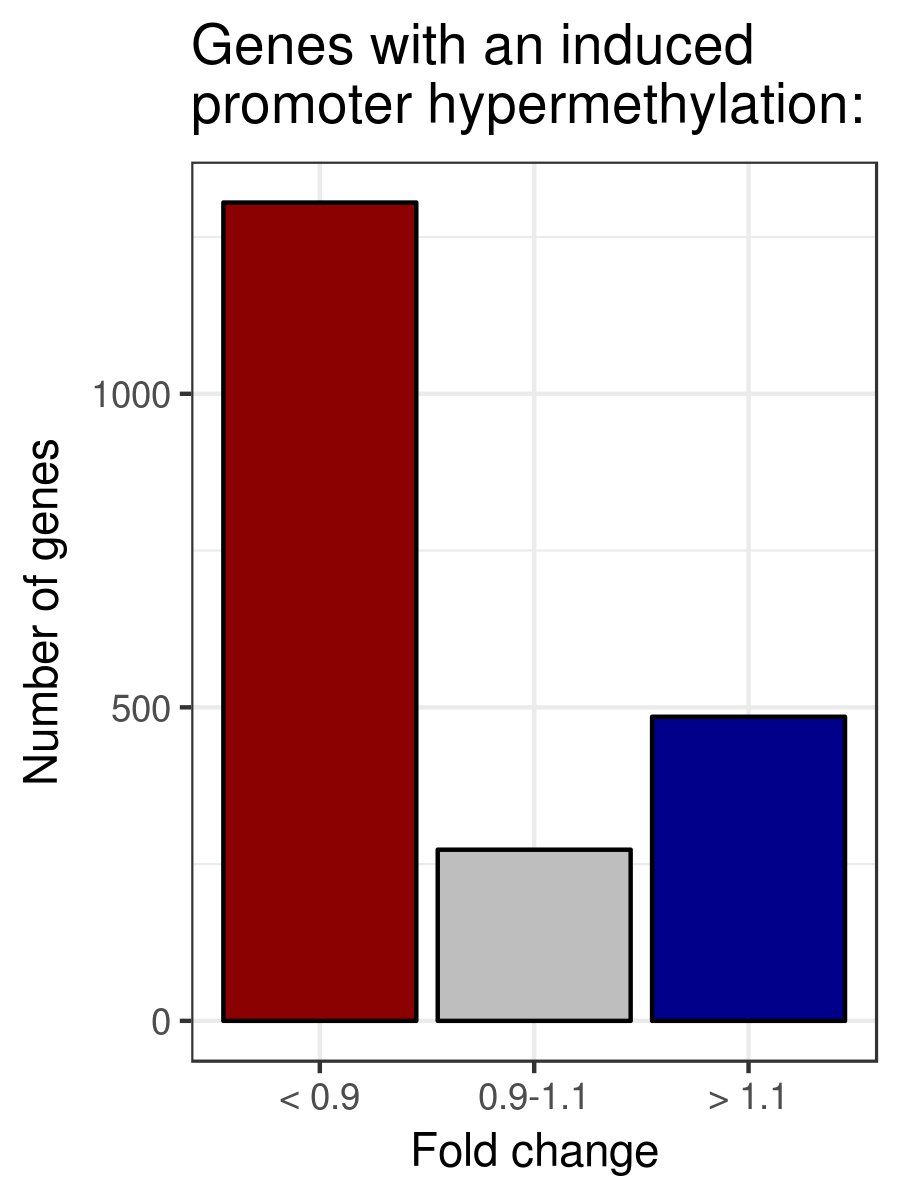
"Frequent lack of repressive capacity of promoter DNA methylation"
Seriously ?
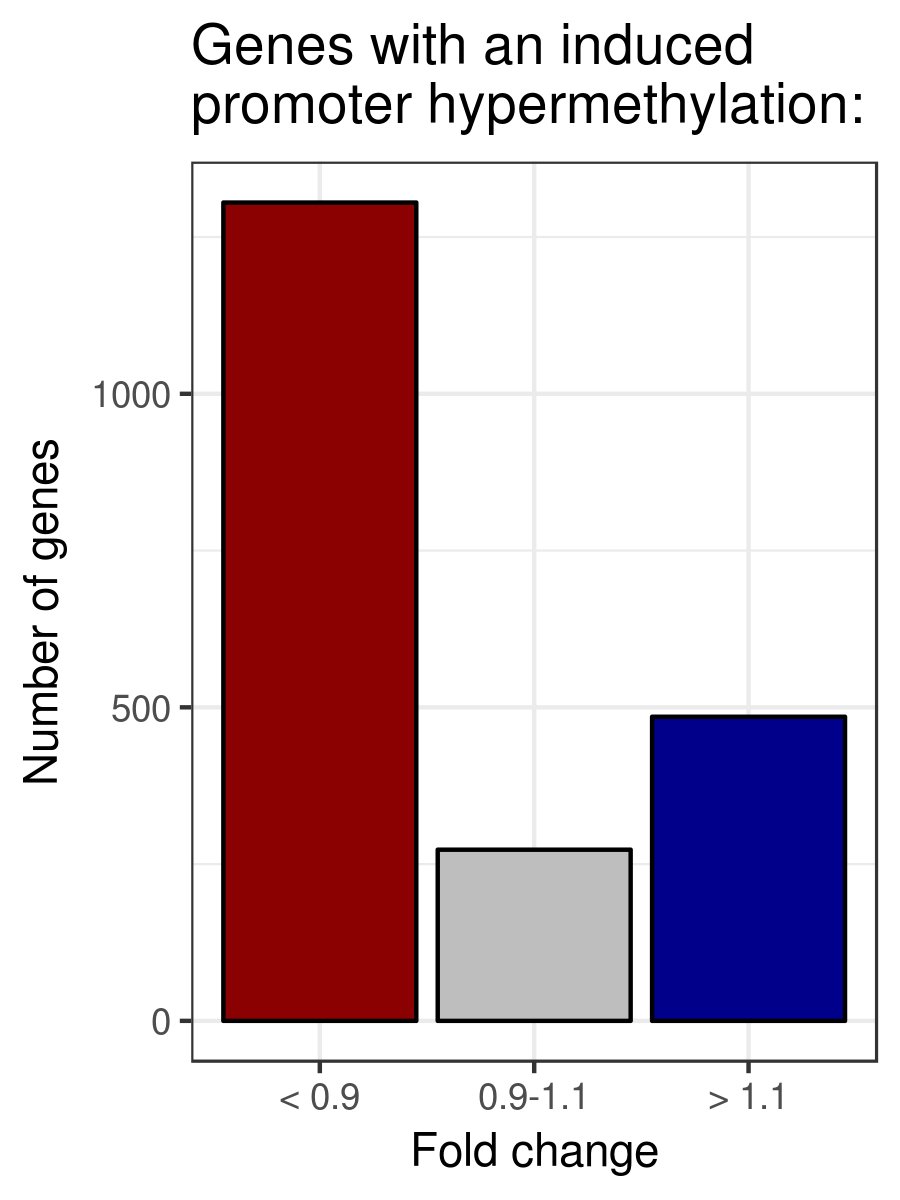
Here, the DNMT3A fragment might still be present, and mediate some of the effect, but still.
One might wonder what would have happen if the hypermethylations were not loss? Might the effect on gene transcription be more permanent if the DNA methylation was not loss?
You can see the glass half empty as the authors have, but I tend to see it quite full.
